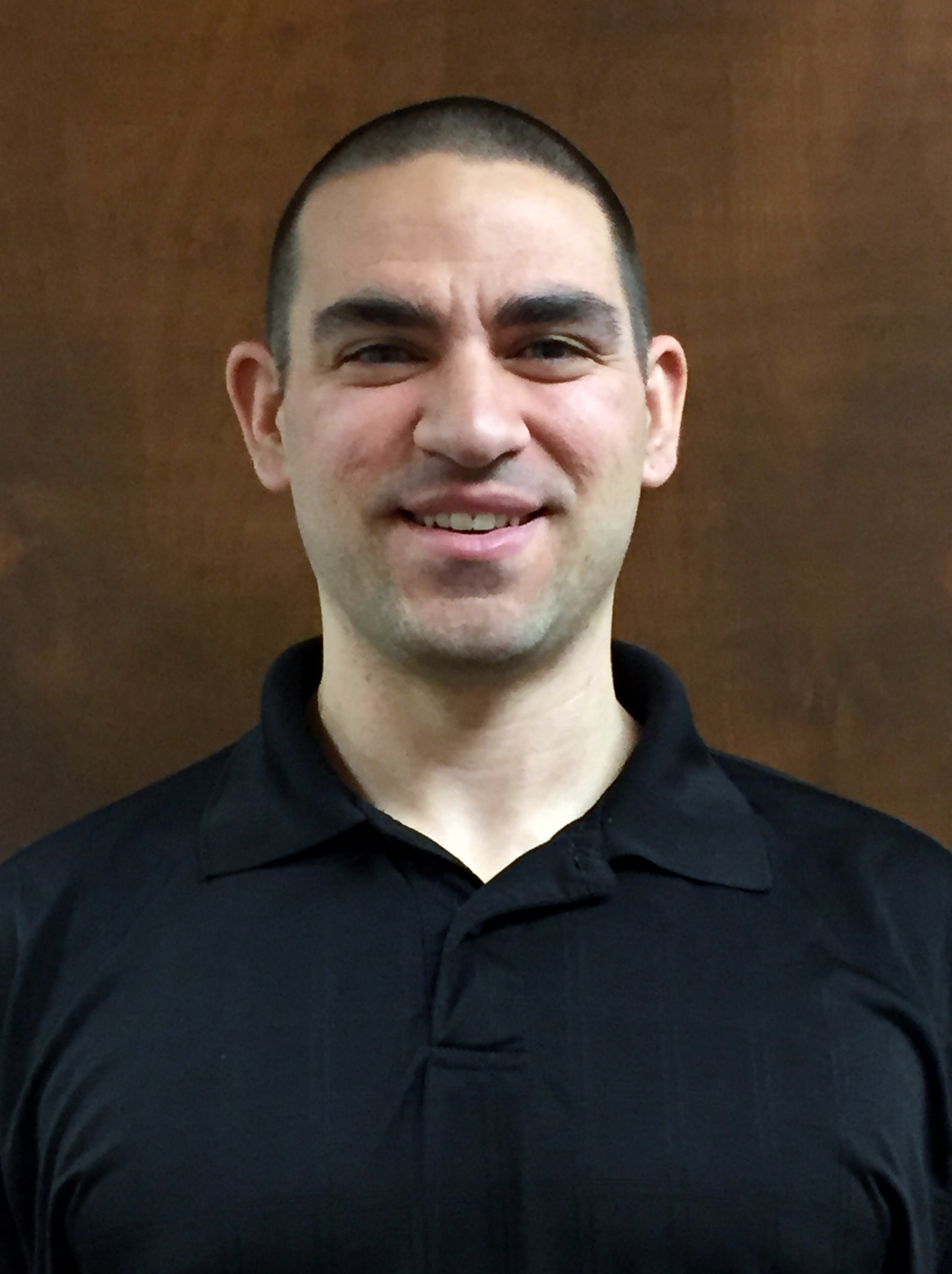Support at a Distance Posted On
Problem gambling can affect families in so many ways. Supporting a loved one is difficult, but distance from one another can make it much harder. Even with distance, identifying a gambling problem and showing support can be done well.

Identifying A Problem
Many of us live with some of the most important people in our lives, but we can’t live with everyone. Therefore, there are many people who are important to us outside of our home. Even at a distance, we can pick up on signs that may indicate there is a problem, such as gambling.
Loved ones with a gambling problem can hide it for some time, especially if we don’t live with that person. Eventually, the problems they struggle with due to their gambling may begin to surface. These problems can include:
- Gambling with more money and for longer periods of time;
- Showing signs of anxiety or stress when not gambling;
- Having difficulty focusing on things that are not gambling related;
- Lying about what they’re doing and what they’re spending their money on;
- Using gambling as a way to deal with difficult emotions; and
- Needing a bailout for debt.
This is a list of a few signs of a gambling problem. There are many others, and when we look at them all, we can begin to put together a story of problem gambling.
Your Feelings
There are many different feelings that can be felt when a loved one is struggling with a gambling problem. Some of these feelings could include:
- Worried about their ability to take care of themselves;
- Concerned about their future financial stability;
- Frustrated that this loved one has been lying;
- Anger towards yourself for not recognizing the problem sooner;
- Guilt about supporting and maybe joining in on gambling activities while unaware of a problem; and
- Shame from ignoring early signs of a gambling problem.
These are only some of the feelings that may be felt. You may be experiencing one or many, but there is no wrong way to feel about a situation. The important thing is to do your best to recognize how you feel so you can take proper care of yourself. It’s important to accept those feelings and forgive yourself because not every sign of a problem is easy to spot.
Making an approach
Once you’ve taken the time to identify how you feel and accept those feelings, you may want to take some sort of action. When someone we love has any type of problem, we may want to offer some sort of support.
“What can I do?”
“How can I help?”
When it comes to a gambling problem, most people don’t even know what helpful support or action looks like. Trying to be a support to someone can be especially difficult from a distance. Being a support can mean so many things to so many people. Some ways you take action and show support is:
- Be a non-judgmental, listening ear.
- Answer questions about their gambling, honestly.
- Let them know they can call you when they need.
- Regularly check-in on loved ones to see how they’re doing.
- Connect them to HELP if they say they would like help.
We hope you’ve found ways to stay connected to loved ones; relationships are a key to happiness. If at any point you come across information that makes you question a loved one’s gambling behavior, reach out to your local Problem Gambling Resource Center (PGRC). The professionals in each New York State regional PGRC can offer a listening ear, resources and information, and a connection to local services. They’re “here to help!”

